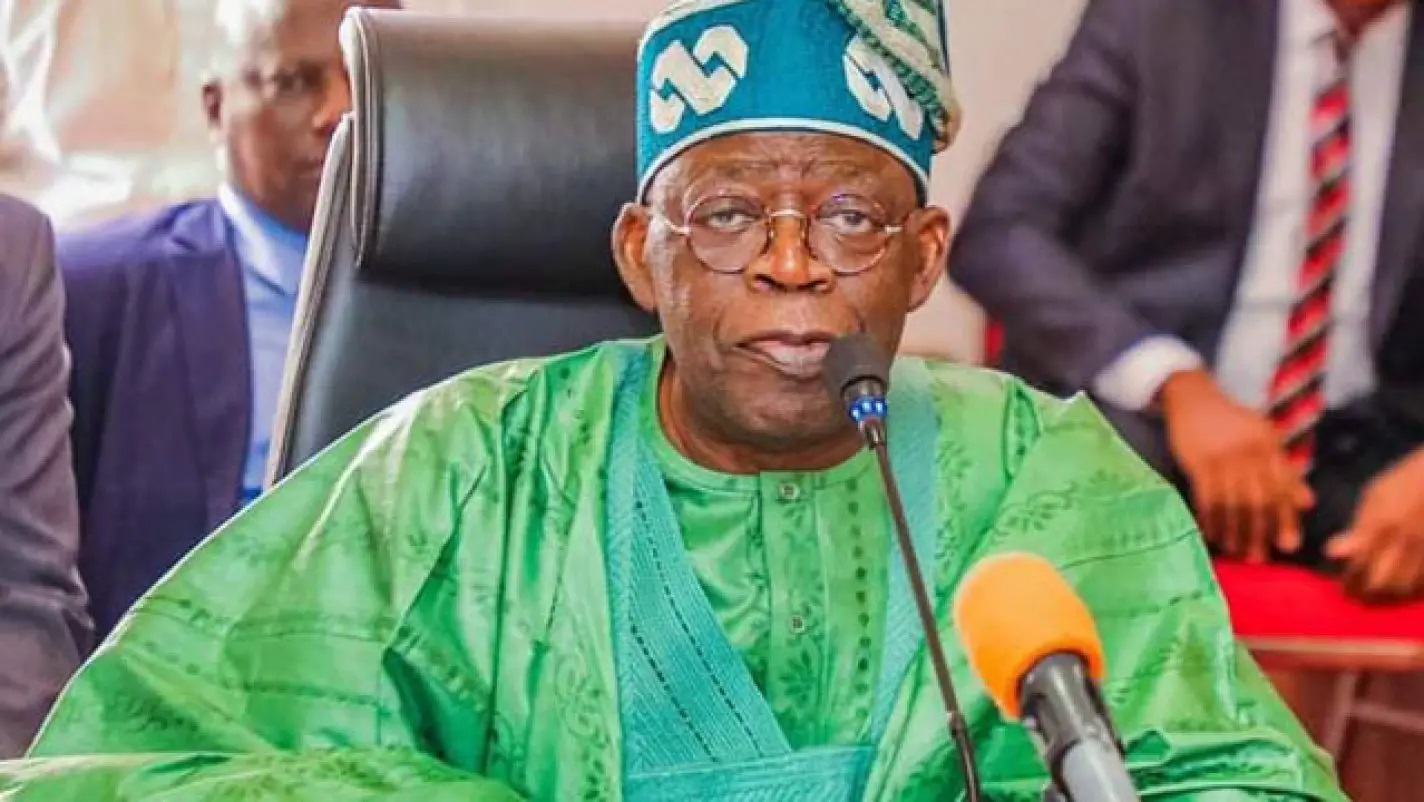Tinubu seeks review of global tax system
President Bola Ahmed Tinubu has said that redressing the imbalance in the international tax regime has become imperative, calling for a review of global taxation. The president stated Nigeria’s position in a speech at the Third South Summit of the Group of 77 and China, which opened on Sunday in Kampala, Uganda. President Tinubu, who […]

President Bola Tinubu
President Bola Ahmed Tinubu has said that redressing the imbalance in the international tax regime has become imperative, calling for a review of global taxation.
The president stated Nigeria’s position in a speech at the Third South Summit of the Group of 77 and China, which opened on Sunday in Kampala, Uganda.
President Tinubu, who was represented at the summit with the theme “Leaving No One Behind” by the Minister of Budget and Economic Planning, Senator Abubakar Atiku Bagudu, said the issue of global taxation was pressing because it impacted developing countries.
“The current international tax systems, largely shaped by the interests of more affluent nations, often leave developing countries at a disadvantage, especially in taxing digital economies. This systemic imbalance has led to significant revenue losses, hampering our efforts towards sustainable development and economic self-reliance,” he said in a statement signed yesterday by Mrs. Folasade Boriowo, Director of Information, Ministry of Budget & Economic Planning.
- FG flags off WACOT rice’s dry season farming in Kebbi
- Safeguarding Investors: Enugu’s Vigilance Against Illegal Land Transactions
In response to this, Nigeria, alongside other Member States of the African Group, championed a historic initiative at the United Nations calling for a Framework Convention on Tax. This resolution, according to him, marks a pivotal step towards establishing a more equitable and inclusive global tax system.
Expressing Nigeria’s appreciation to all the countries that supported the global tax review initiative, President Tinubu said their solidarity reflects “Our shared commitment to rectifying the inequities of the current tax system and fostering a more just economic order.”
Also in reaffirming Nigeria’s commitment to South-South economic collaboration, the president spoke of the critical role of the Action Committee on Raw Materials (ACRM) of the G-77, established in 1987 for enhancing cooperation in the development and processing of raw materials.
While acknowledging the importance of comprehensive data on raw material availability and location, President Tinubu advocated the revival of the ACRM.
The president also affirmed the country’s belief in and commitment towards multilateralism as a way of addressing global challenges.
Tinubu also restated, at the summit, Nigeria’s earlier position on Israel’s attack on Palestine over Gaza, saying the recent developments in the State of Palestine demand our immediate attention and action.
“Nigeria aligns itself with the international community’s call for an immediate ceasefire and a peaceful resolution to the conflict.
“Upholding our commitment to the principles of sovereignty, territorial integrity and the promotion of peace and security, we firmly support a two-state solution as the path forward in this protracted conflict,” he said.
The president spoke against any form of indiscriminate violence, emphasising the urgent need to address humanitarian concerns, ensuring the protection and dignity of all civilians affected by this crisis.
“As a member of this group, Nigeria remains dedicated to advocating peaceful solutions in global conflict zones, reflecting our commitment to the stability and prosperity of the African continent and the global community.”
Tinubu pointed out that Nigeria recognised the urgency to combat the challenges, particularly illicit financial flows.
“With illicit financial flows alone estimated to siphon off billions of dollars annually from economies, especially in the Global South, the urgency for early action has never been greater,” he said.
He also spoke of the importance of technical cooperation and capacity building in addressing current global challenges.
